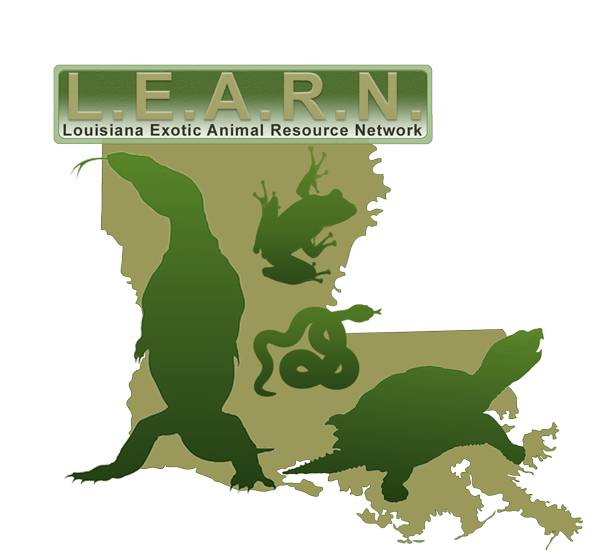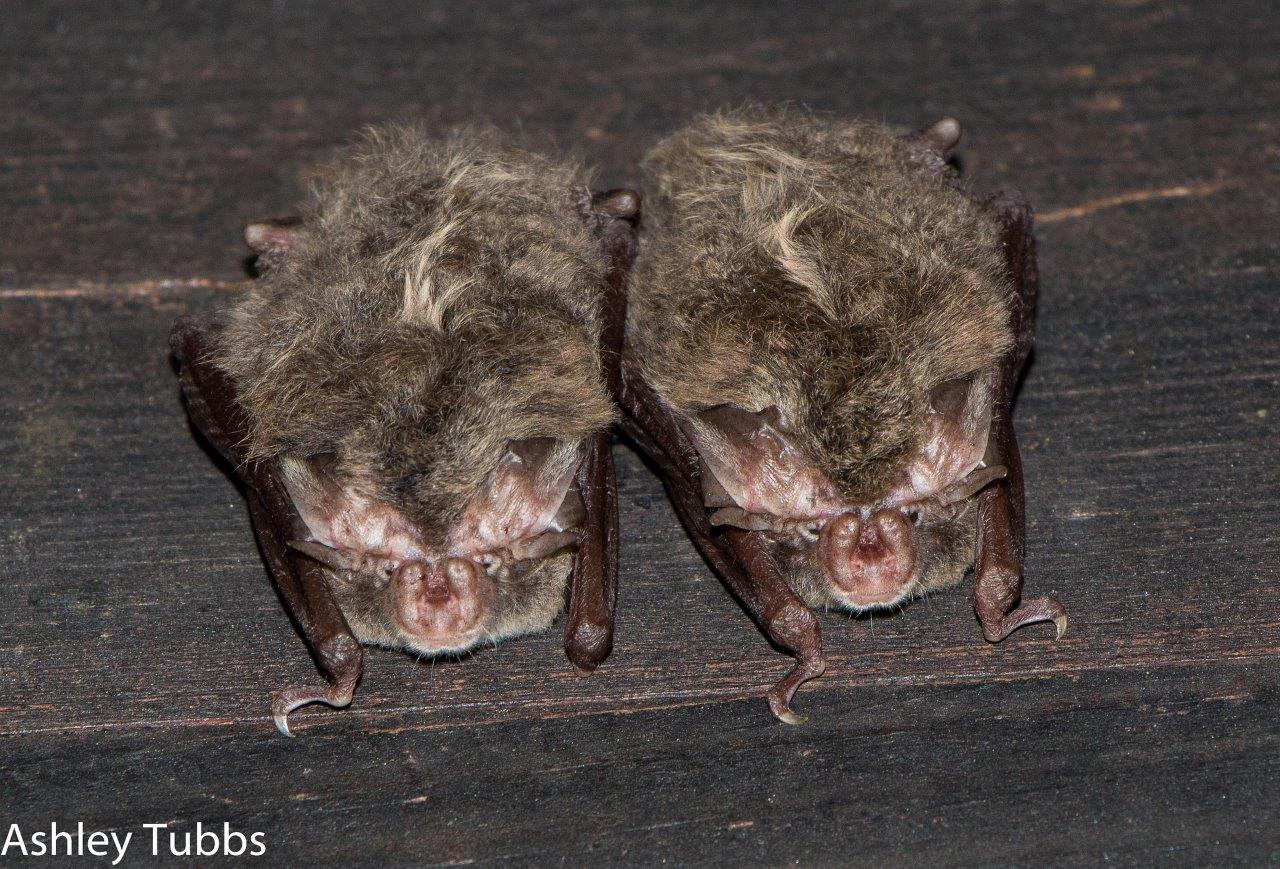Animals with rabies may exhibit the following symptoms: Agitation, biting or snapping at imaginary and real objects, and drooling excessively; they may appear tame and have no fear of humans, wobble or circle excessively, appear partially paralyzed or disoriented, and exhibit self-mutilation. Nocturnal species such as skunks may appear in the daytime. Note that the symptoms of distemper or other illnesses may appear similar to the symptoms above, so an animal exhibiting these symptoms may not necessarily have rabies.
A nocturnal animal such as a bat seen walking around on the ground in the daytime is a sign of distress. Call a wildlife rehabilitator.
A baby mammal's best chance of a healthy life is with its mother, so please do not collect the animal unless you have looked at the corresponding flowchart above and followed the instructions. Over half of the calls we get about "orphaned" wildlife are baby animals in a perfectly normal situation that does not require interference.
Sometimes an animal needs to be euthanized. This is an emotional task for wildlife professionals and members of the public who are trying to help an animal. If a wildlife professional has advised you that an animal needs to be euthanized, please respect that their decision is based on many factors and do not try to treat it yourself to "avoid it getting killed." You would be doing the animal harm, and potentially exposing yourself to injury, disease and criminal liability.
AGAIN, PLEASE DO NOT TRY TO REHABILITATE THE ANIMAL YOURSELF. Not only could you get into a good bit of trouble, there are numerous aspects of wildlife rehabilitation that an untrained person cannot know, such as zoonotic diseases, diet, imprinting, fostering, release site choice and methods, and more. Following the rules is better for you, and it is better for the animal.
>>>>> The official list of Louisiana licensed rehabilitators is located here. <<<<<The licensees are broken down by parish and species served. You should start by calling the closest licensee to you that serves the type of animal you have and work your way outward. Verify on the list that the person listed serves the type of animal you have (birds, mammals, etc.) before calling for best results.
L.E.A.R.N. recommends
Wildlife Education and Rehabilitation of Louisiana for species in NW Louisiana that L.E.A.R.N. does not serve. WERLA is typically unavailable outside of regular business hours. The best contact method for them is to fill out the form on their site and they will check that as soon as they get a moment and get back with you.
Many rehabilitators will be too busy to answer the phone when you call. Some may be too busy to call you back in a timely fashion. Leave a message, and then keep trying to reach someone. You should plan on bringing the animal to the facility listed, as many rehabilitators do not have the manpower to drive to every animal in need


